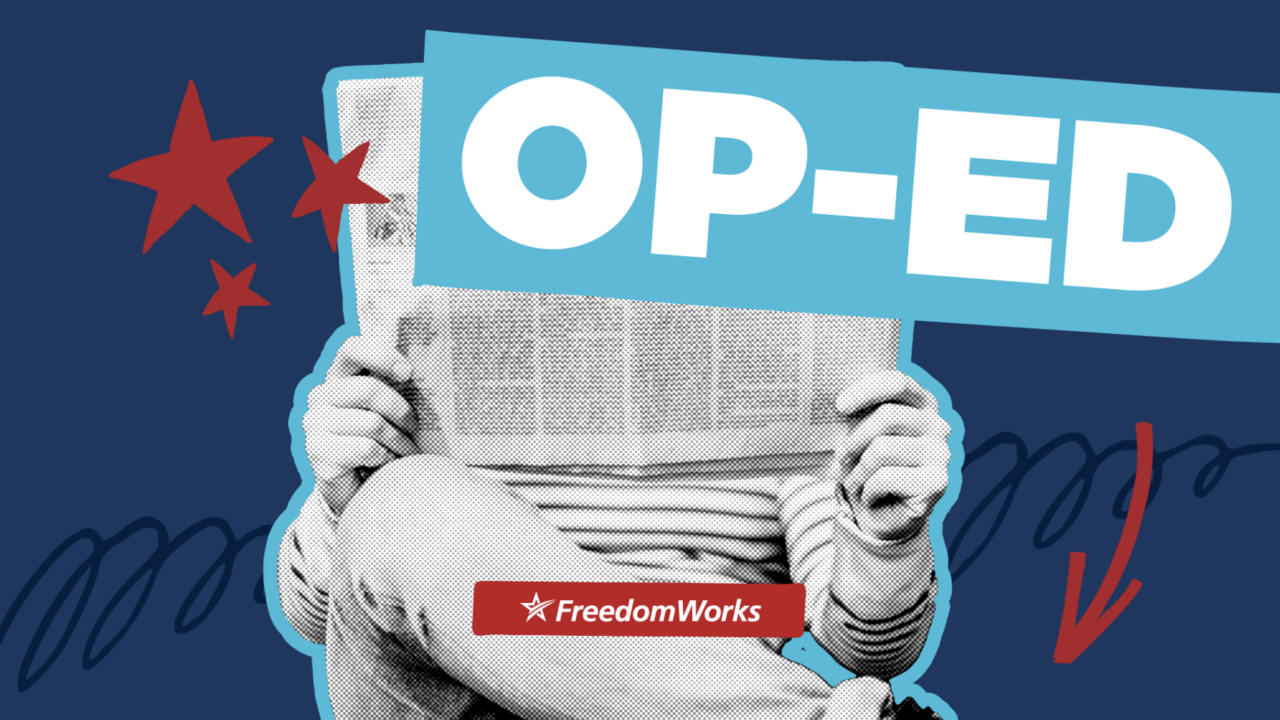Brady’s Teary Retirement Embodies Word’s Evolving Definition

As seen in RealClearMarkets.
As most of us are aware, Tom Brady retired from the NFL last week “for good.” The announcement was brief given Brady’s own admission that he’d already used up a more long-winded walking away speech the previous year.
In a few short words Brady made it known he was stepping away from the game, but how the words were uttered was very telling. Brady struggled to get them out, and his struggle was rooted in his desire to make the short announcement without the tears flowing.
Which is a big deal. What a commentary on how work is evolving. Figure that Brady worked, trained and ate diligently for over twenty years so that he could avoid retirement. Stop and think about that. Brady couldn’t not do his work. As he told Mark Leibovich in the New York Times columnist’s 2018 book The Big Game, it’s going to be “a really hard thing for me” when “I don’t have the purpose of football.” Brady went on to tell Leibovich that “I’m not a musician, not an artist, what am I going to do, go scuba diving?”
Brady fought retirement for years because work was joy to him. Getting to play the most cerebral and most celebrated position in all of sports reinforced Brady’s own genius such that he never wanted to stop working.
That Brady went to great lengths to avoid not working is arguably indicative of more than just Brady’s love of the game, or his own job. It signals how more and more of us will approach work and retirement in the future. Since the jobs we do are increasingly a reflection of what we enjoy and that gives us purpose, the number of us striving to work as long as we can as opposed to yearning for the day we no longer have to work promises to grow and grow.
The above truth is arguably the greatest benefit of economic growth. When fewer and fewer feverishly working human “hands” are required to produce life’s necessities, more and more of us humans get to do the work we want to do as opposed to the work we need to do.
In Brady’s case, how fortunate for him that he was born in 1977 instead of 1877. If born one hundred years earlier, Brady’s work options after college (assuming the low odds of college attendance in the late 19th century) would have been extraordinarily limited, and almost certainly wouldn’t have included football. Thank goodness for progress.
Thanks to copious investment in human labor, along with labor-saving machines that grow increasingly sophisticated by the day, necessities and even luxuries are more and more a foregone conclusion. From this abundance emerges “work” that feels less and less like it. Those who should know better fear that robots and other forms of automation will put us of work, but in reality they’ll make us geniuses at work. Such is the brilliance of work divided.
Work divided among people and among people and machines releases people to “jobs” that don’t feel like jobs precisely because the work accentuates unique skills and intelligence that formerly had no market application. With robots, the number of new labor-saving “hands” is in a figurative sense unlimited; meaning our path toward growing individual specialization is similarly unlimited. And when we’re doing that which showcases our specific skills, we’re logically much more productive. The bet here is that most reading this write-up understand the point being made: work is much less like work when the activity tessellates with our skill set.
Please keep all of this in mind as ever-more sophisticated machines not only do for us, but also think for us. What will save us exertion and thought won’t shrink our output as much as it will powerfully elevate it. Freed from wasted exertion and thought, our individual power to do and think will multiply.
In other words, the future of work will be defined by jobs that we cling to, that give us wondrous purpose in the way that football animated Brady. Drafted 199th overall in 2000, Brady expressed relief about not having to get a “real job.” He could do what he couldn’t get enough of for “work.”
This will mirror the relief of growing numbers of us if global cooperation among humans and machines continues. Bank on it. Soaring specialization on the job is the path to work that we can’t get enough of, and tears when we stop doing what we can get enough of. Retirement in the 21st century is set to evolve with this happy truth.

